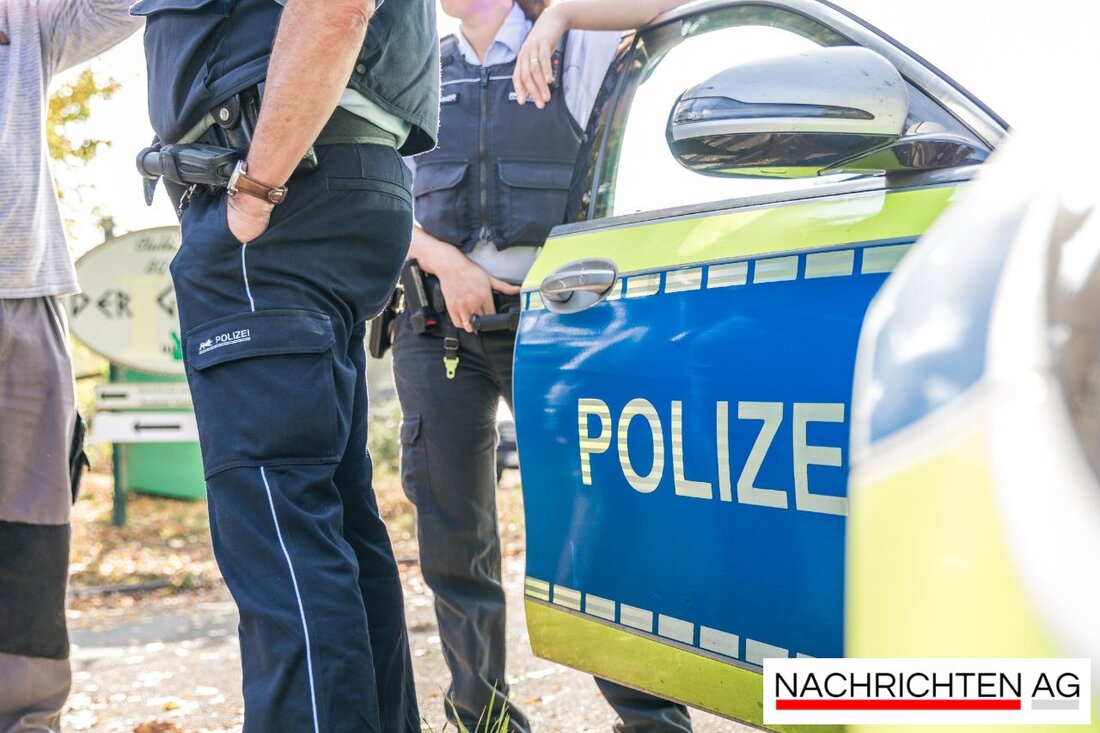Remembrance in Paris: vigil for the victims of the 1961 massacre
On October 17, 2025, hundreds in Paris remember the victims of the 1961 massacre and demand the recognition of colonial violence.

Remembrance in Paris: vigil for the victims of the 1961 massacre
On Friday evening, several hundred people gathered at the Pont Saint-Michel in Paris to remember the Algerians who were victims of a horrific massacre on October 17, 1961. These tragic events, carried out by French police against peaceful Algerian demonstrators, remain a painful part of the collective memory and remain politically explosive. Since then, over 80 organizations, unions and political parties have called for the French authorities to officially recognize this state crime, as the Bondy Blog reports.
That night over six decades ago, more than 100 Algerians were killed and over 12,000 protesters arrested. The demonstration was directed against a racist curfew imposed by the then government. Fatima Besseghir, daughter of one of the demonstrators, gave a moving account of the torture her father suffered at the Château de Vincennes. These personal stories reveal the deep scars left by this chapter of French history.
Remembrance and demands
The memorial event, which took place on October 17, 2025, aimed to honor the victims of racist and colonial violence at the hands of the French state. The gathering was attended by numerous supporters, including the Grand Mosque of Paris, which also organized a memorial event. Chems-Eddine Hafiz, the rector of the mosque, stressed the need to recognize October 17 for reconciliation between the French and Algerian peoples. In this context, there are repeated calls to enable access to the archives of the Algerian War and to teach the colonial past fairly, as can also be read on the Survie website.
Another central concern of the organizers was the demand for a national museum in France that would comprehensively examine the history of colonialism. In the face of colonialism, it is essential to bring self-determination and the voices of those affected to the fore. Samia Messaoudi, a central figure in the culture of remembrance, also emphasized how important it was to found her organization “Au nom de la mémoire” in 1990 to keep the memory of the massacre alive.
Criticism and recognition
But the discussion about the qualification of October 17, 1961 as a state crime remains politically sensitive and controversial. Political scientist Olivier Le Cour Grandmaison pointed to the responsibility of Maurice Papon, the then police prefect of Paris, who was held responsible for the massacres. Emmanuel Macron described the acts as “inexcusable crimes” in 2021, but the government’s official course remains ambivalent. A resolution recognizing the massacre was introduced in February 2024 by MP Sabrina Sebaihi and adopted by the National Assembly, but was heavily modified.
These developments are in the context of a broader debate about colonial violence, which is not limited to the past but also raises current social questions. Historical events such as the protests in Algeria in 1945 and the brutal reactions of the French government during decolonization have shown that violence was a central part of colonial practice and that, unfortunately, this still has repercussions today, as the Federal Agency for Civic Education points out.
Historian and media coverage following the massacres were often misleading and supported the official version of events. Choreographer Mehdi Slimani has brought this important chapter into focus with a play that has been well received since its premiere in 2011. The memorial event and the ongoing demands for recognition and justice are crucial steps towards a healing culture of remembrance that not only promotes forgetting, but also an active engagement with the colonial past.

 Suche
Suche
 Mein Konto
Mein Konto